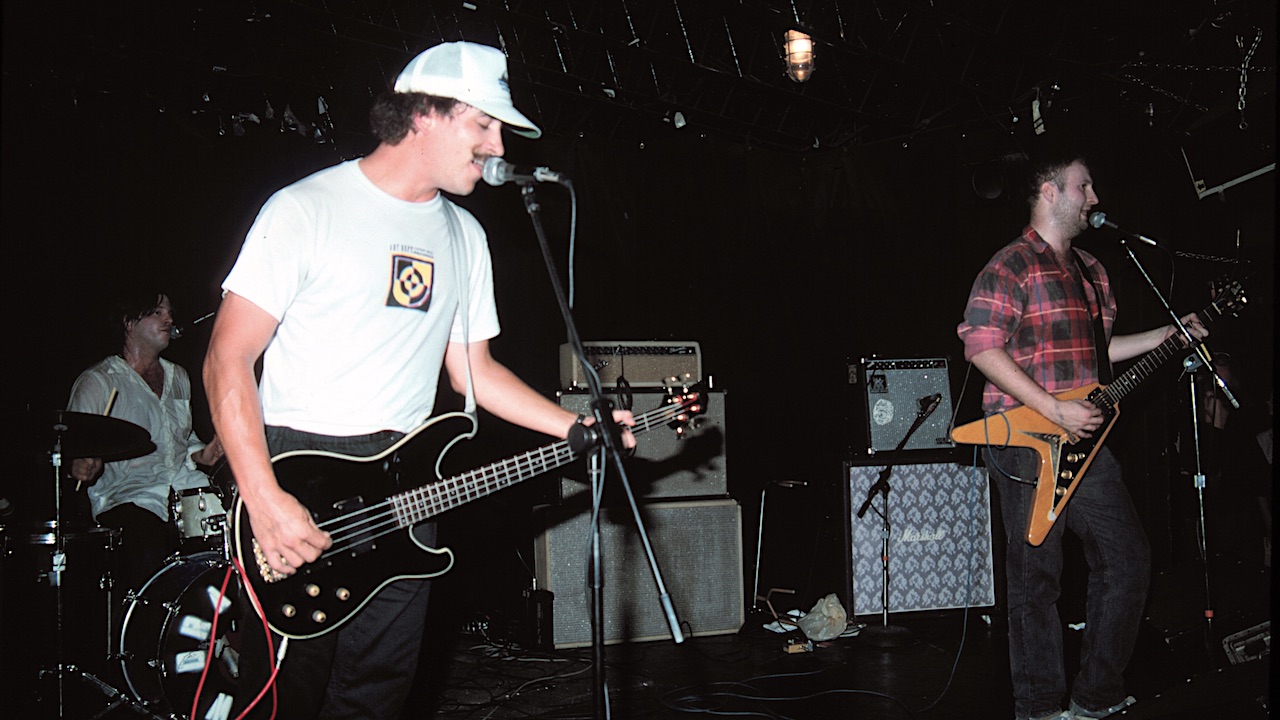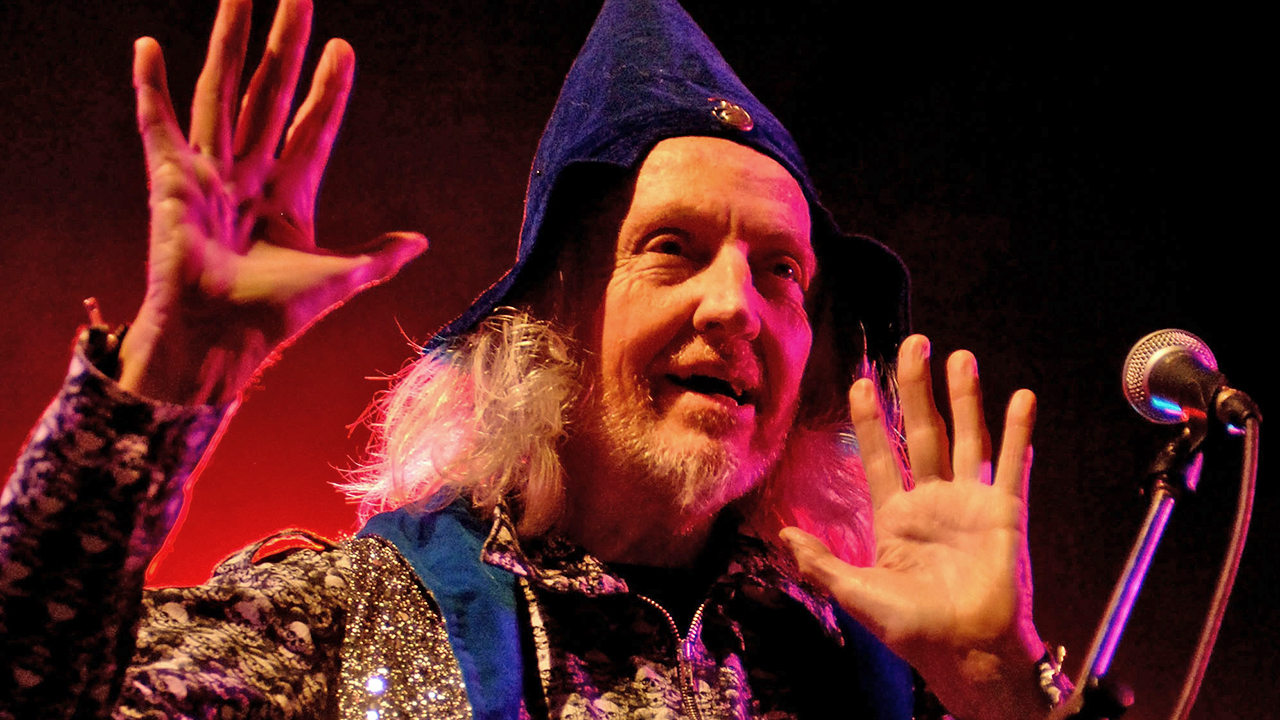“The audience were either totally mesmerized or totally disgusted.” The night that Hüsker Dü played a single note for 35 minutes as an encore
Hüsker Dü liked to challenge their audience: their one note encore in Oklahoma has passed into punk rock lore

History might tag Hüsker Dü as a 'hardcore' band, but there was so much more to the Minneapolis trio - vocalist/guitarist Bob Mould, bassist Greg Norton and vocalist/drummer Grant Hart - than that simple and reductive definition would imply. The three young musicians viewed punk rock as a vehicle for expression, and across their storied career, they constantly sought to to push one another, push boundaries, and push audiences out of their comfort zones.
“The three of us were on a mission,” Bob Mould explained to Louder last year. "We thought we were the best band in the world, and we wanted to go out and prove ourselves. We were a very physical band, a very free thinking kind of band: we were part of a tribe, but we didn't specifically adhere to all the rules of the tribe.
“When you add in high testosterone levels in your early 20s, and you add alcohol, and you add amphetamines, and marijuana, and in some people's cases LSD, that's a heady mix, and it's pretty... it can be volatile at times.”
For Mould, playing music live was always about more than mere 'entertainment', and his band, almost constantly on the road in the early to mid '80s, would experiment with live performances of songs, playing around with form and structure and length.
“You can realign people’s physical chemistry with sound, and that’s a great thing,” he told Musician magazine in 1991. "Music is supposed to be beyond articulation and expression. Volume can affect people. When I would go to see [Einstürzende] Neubauten, I felt like I’d been run over by a truck.”
One evening in Norman, Oklahoma, Hüsker Dü returned to the stage for an encore, and decided to take their experimentation to its logical conclusion. “We thought, What comes next? Variations on one note.”
It was Mould's recollection that, by the end of what he called “a wig out”, just seven fans remained in the venue.
“They were either totally mesmerized or totally disgusted,” he recalled with some pride to Musician. “That’s drama: Who’s going to hang with this one? It becomes a mantra.”
Recalling the same gig in Creem, in 1987, he said, “People were either pinned to the wall or they left.”
“We don't have a quota system set up for when we're going to take something outside or keep it close to the belt. It's all cause and effect with the crowd, what the crowd sends out. Sometimes it's a very aggressive thing for us to do, sometimes it's a defensive thing. It's really a matter of chemistry, as opposed to a matter of writing it into the set list.”
In 2024, Bob Mould remains a compelling live performer, and a truly committed one.
“I may not leave the same amount of blood on the floor every night,” he told us, “but I'm still happy to bleed.”
The latest news, features and interviews direct to your inbox, from the global home of alternative music.

A music writer since 1993, formerly Editor of Kerrang! and Planet Rock magazine (RIP), Paul Brannigan is a Contributing Editor to Louder. Having previously written books on Lemmy, Dave Grohl (the Sunday Times best-seller This Is A Call) and Metallica (Birth School Metallica Death, co-authored with Ian Winwood), his Eddie Van Halen biography (Eruption in the UK, Unchained in the US) emerged in 2021. He has written for Rolling Stone, Mojo and Q, hung out with Fugazi at Dischord House, flown on Ozzy Osbourne's private jet, played Angus Young's Gibson SG, and interviewed everyone from Aerosmith and Beastie Boys to Young Gods and ZZ Top. Born in the North of Ireland, Brannigan lives in North London and supports The Arsenal.
